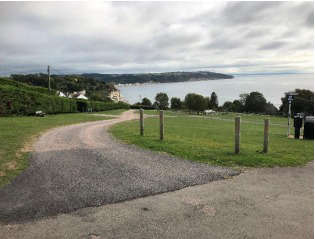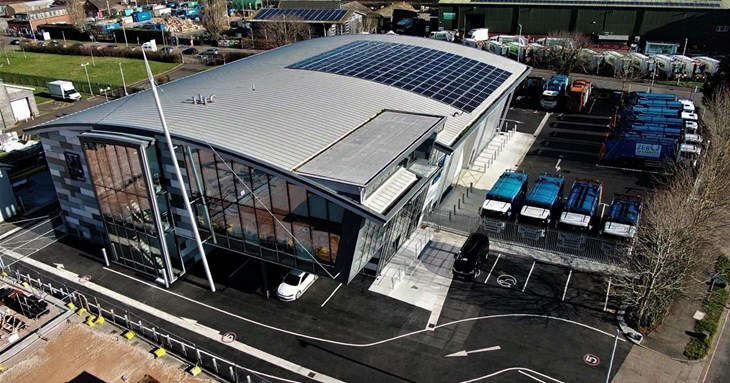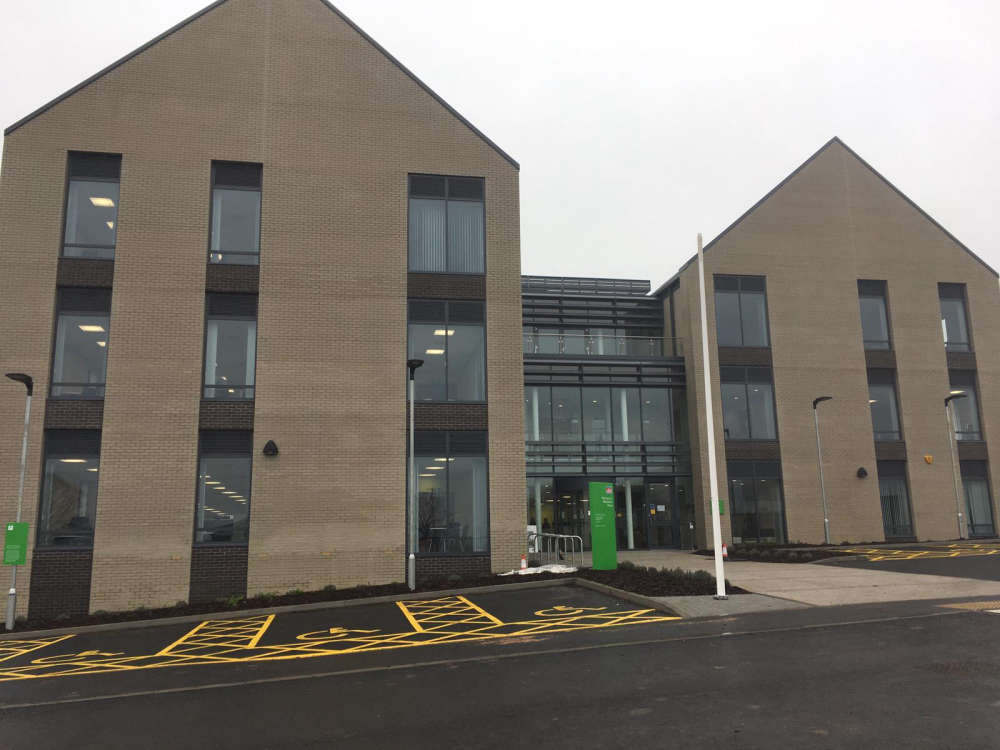
Fears about risks of local government revamp
Vulnerable children and adults could be a key battleground amid a once-in-a-generation tussle between councils facing a radical overhaul.
An influential body has claimed that if the services that look after the most at-risk children and adults are moved to new smaller councils as a consequence of a major forthcoming local government shake-up, then there are “very real risks” to those services.
The County Councils’ Network has claimed that if councils serving fewer than 500,000 residents were given responsibility for social care, then an estimated £270 million would need to be added to annual care costs, more than 1,000 additional senior roles would be needed, and there would be a risk of a lower quality of care.
As such, the CCN is urging the government to stick to its original 500,000-population guide for the new councils it wants to be formed.
CCN chair Matthew Hicks said there was “clear evidence that there are very real risks to care services if county councils are split into multiple small unitary councils”.
But a body representing district councils has hit back at the suggestion smaller councils couldn’t adequately deal with the challenge of social care, claiming there is no relationship between population size and financial performance or service quality, including on social care.
In Devon, adult social care and children’s services are overseen by Devon County Council, which is the largest council of all 11 in the county.
But the government wants to eradicate the so-called two-tier system of local government that exists in 21 areas of England, including Devon.
That system involves a county council overseeing certain services, but others being carried out by district councils in the same geographic border.
So two separate Devon residents, one living in Totnes, for instance, and another in Barnstaple, would both deal with the county council for adult social care now, but rely on their respective district councils – South Hams and North Devon in this example – for waste and recycling collection.
However, local government reorganisation means ministers want to create unitary councils, which are in charge of all the services in an area that are currently split between county and district councils in two-tier areas.
That would mean those two notional residents both dealing with one council for all types of service.
In Devon, various proposals are emerging in relation to the forthcoming overhaul of local councils, which is officially called local government reorganisation.
The county council recently revealed its ‘New Devon’ plan, which would see the county council’s existing boundary retained, with a new council created through the merger of the county council and the eight districts below it.
But some of Devon’s districts prefer another plan, which would see one unitary council created out of five of Devon’s existing districts, another unitary created out of the remaining three districts and Torbay, while Plymouth would remain as it is.
But that notional grouping of five districts has no formal experience in overseeing adult social care or children’s services, something that has potentially prompted the concern from the CCN.
“Those that depend on care could face worse services, be met with significant upheaval and have too few staff to adequately deliver their support,” Mr Hicks said in relation to the idea of smaller unitary councils being handed social care responsibilities.
“At the same time, councils and taxpayers could be loaded with substantive extra costs. Put simply, reorganisation plans could make or break care services.”
But Richard Wright, the incoming chair of the District Councils’ Network, said the actual data for existing unitary councils, as opposed to theoretical modelling, “shows there is no relationship between their population size and financial performance or service quality, including on social care”.
“Any reorganisation that results in mega councils with populations of 500,000 people – leaving England with by far the largest councils in the Western world – would lead to services like social care being far from the communities they’re supposed to serve,” he told the Municipal Journal.
“A strong local connection to communities helps social care departments intervene early and offer vulnerable people focused support. This helps to prevent ill health and therefore reduces the burden on the NHS.”
Devon County Council’s children’s services remains rated as ‘Inadequate’ by Ofsted, even though the watchdog’s most recent visit did note some improvements.
But Torbay Council, one of the smallest existing unitary councils, had its children’s services rated as ‘Good’ at the watchdog’s last visit in 2022, describing its “significant improvement as an impressive achievement”.
In Torbay’s most recent self-assessment of adult social care, it noted: “Torbay as a system, including all its partners, is committed to continuing to improve social care services for residents.
“While there are areas that require some improvement, it is important to remember that there are so many areas of work and good practice that should be celebrated.”
Devon County Council’s self-assessment of its adult services showed “consistently strong performance in the adult social care outcomes framework, with 15 of the 25 indicators for 2023/24 ranking in the top two quartiles, and generally improving trends”.
Councillor Paul Arnott (Liberal Democrat, Coly Valley), Devon County Council’s portfolio holder for local government reorganisation, said: “The CCN report indicates that maintaining a unified council structure at scale is vital to protect the services on which our most vulnerable residents rely.”
Councillor Richard Keeling (Liberal Democrat, Chudleigh & Teign Valley), Devon County Council’s cabinet member for adult social care and health services, said: “Smaller councils are more vulnerable to demand pressures and financial instability. Devon’s preferred model keeps services together and protects quality.”
Both Cllrs Keeling and Arnott also lead district councils.
All councils must submit their ideas for local government reorganisation to Westminster by 28 November.
 New gadget to thwart Paignton seafront car pests
New gadget to thwart Paignton seafront car pests
 East Devon cliff fall site still under scrutiny
East Devon cliff fall site still under scrutiny
 Exeter's new waste recycling plant to cost £13 million
Exeter's new waste recycling plant to cost £13 million
 20 homes for Torridge village proposed
20 homes for Torridge village proposed
 Pavement licence fees could rise in East Devon
Pavement licence fees could rise in East Devon
 Police appeal after phone theft scam
Police appeal after phone theft scam
